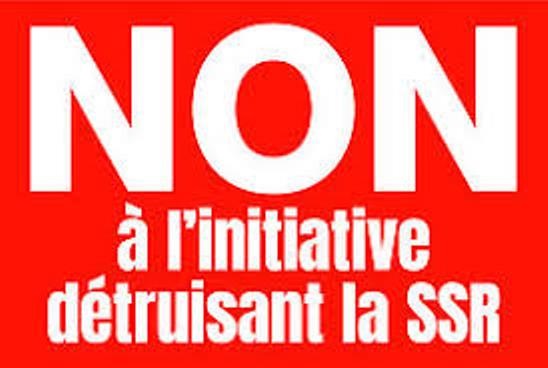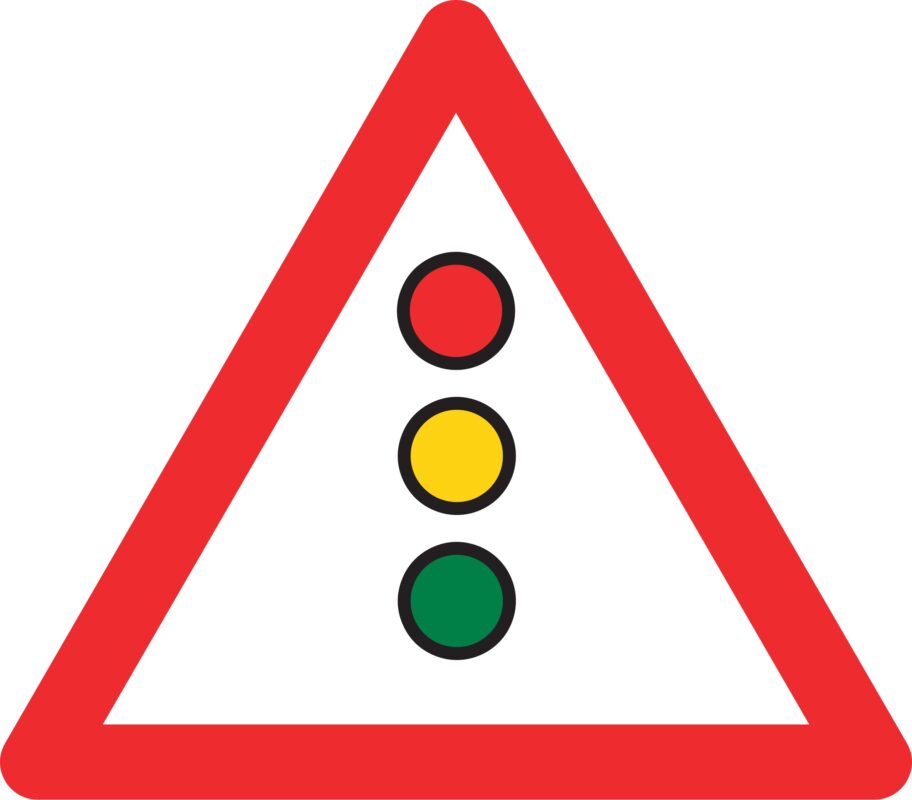The mental health of musicians
In the last issue of SMZ, we looked at some aspects of musicians' physical health. In this article, we will now briefly look at their mental disorders.
Separating the mental from the physical is certainly practical, but the two are often linked, as physical disabilities can make someone feel overwhelmed or devalued and even lead to actual depression. For this reason, psychological support should never be neglected as part of the treatment of artists' physical complaints. As with physical illnesses, hiding chronic psychological suffering, whether from oneself (suppression), relatives, confidants or therapists, often leads to a worsening of the problem. Regaining self-confidence and faith in one's abilities after serious musculoskeletal disorders is not a matter of course. Conversely, the mental state can have an influence on the body and, depending on the person and the circumstances, can cause more or less severe reactions. Gastrointestinal complications seem to be the most common and result in practical problems that interfere with musical activities. Breathing difficulties, but also asthma, tachycardia or dermatoses are among these somatizations that are a consequence of excessive psychological stress. In these cases, treatment should not be limited exclusively to the symptoms, but should also include psychotherapeutic support, with a focus on overcoming anxiety and stress. Despite all the taboos and clichés, there is nothing shameful or humiliating about engaging in such a process. For reasons largely related to the image they believe they have to live up to or want to project to others, men are often less willing than women to accept the fact that they are not in control of their psyche. The fear of giving the impression of weakness and social expectations ("be a man, be strong, pull yourself together") do not encourage them to accept such useful help and at the same time create a feeling of guilt. Negative preconceptions persist, as if every therapeutic consultation that has to do with the psyche means that the patient is suffering from a serious mental illness.
Psychosocial risks
Recently, a French concert cellist with bipolar disorder pointed out how difficult it is to justify canceling a concert for psychological reasons that are invisible, unlike a broken arm. The risk of being seen as an unreliable person is high, as there is a lack of awareness of the problem of mental disorders. A disease of our time, the syndrome of professional exhaustion, known as "burn-out", is caused by progressive wear and tear due to chronic stress. Whether it arises from external causes (overwork leading to a reduced private life and a lack of recovery time) or inherent (perfectionism, poor time management or the inability to control negative emotions), stress causes the production of hormones that weaken the body in the long term. One factor that potentially exacerbates the situation is the precariousness in which many freelance artists live, who have to multiply their engagements in order to survive. The feeling of being needed and a satisfying attitude towards the profession, a benevolent and fulfilling atmosphere at work (in a music school or an orchestra, for example) are essential factors to avoid burnout, as are physical activity or breathing techniques. At present, burnout prevention is still inadequate, as is the prevention of mental disorders in general, especially depression. For some years now, however, there has been more and more talk about psychosocial risks (PSR) and their harmful consequences such as loss of motivation, isolation, unpleasant social behavior or a drop in performance.
Performance anxiety
Thanks to its neurostimulating and neuroprotective properties as well as its psychoaffective regulatory capacity, musical practice helps to acquire and maintain a good mental balance. This has been proven by numerous scientific studies and can be empirically verified by musicians. However, not only can it not prevent all disorders, it can also become the cause of problems, especially if a performer is unable to keep their stage fright in check and free themselves from their anxiety. This musical performance anxiety can have devastating chronic effects: Musculoskeletal disorders, high blood pressure, low self-esteem, social phobia, depression and, of course, cognitive impairment (loss of attention or concentration). As preventive measures, relaxation techniques such as the Alexander Technique or the Feldenkrais Method are preferable to medication, which can have undesirable, even dangerous and addictive side effects.
Pressure on students
Negative psychological experiences can be experienced from a very early age, for example when a child has to meet the impatient or overly pedantic expectations of their parents or teachers or is subjected to pressure that can lead to actual abuse. This can result in negative effects such as a dislike of the music profession, a feeling of never being up to a task, depression or addiction. This topic, which has received little attention to date, is currently attracting growing interest. We will return to it soon, as protecting the health of musicians is a key concern of the SMV.








